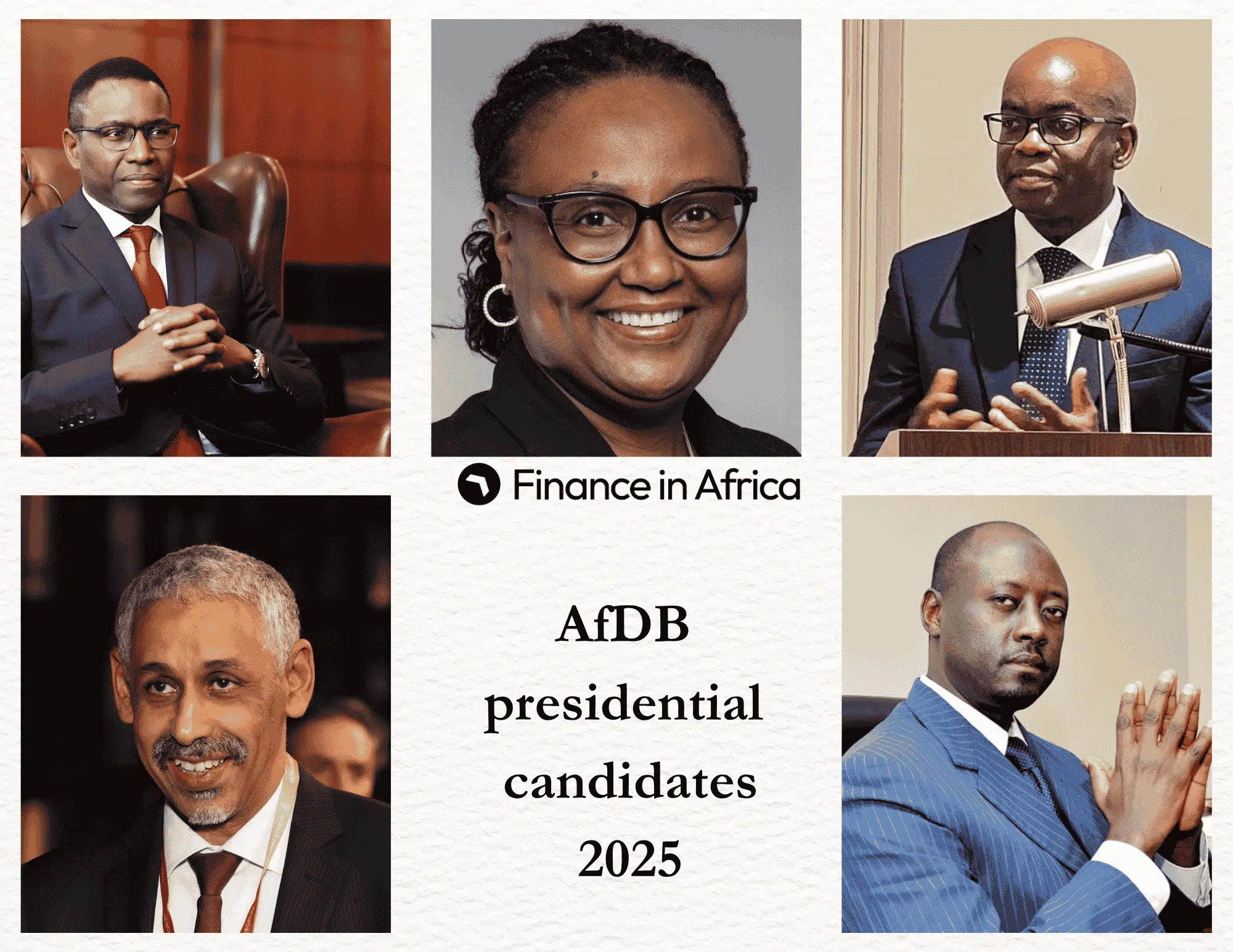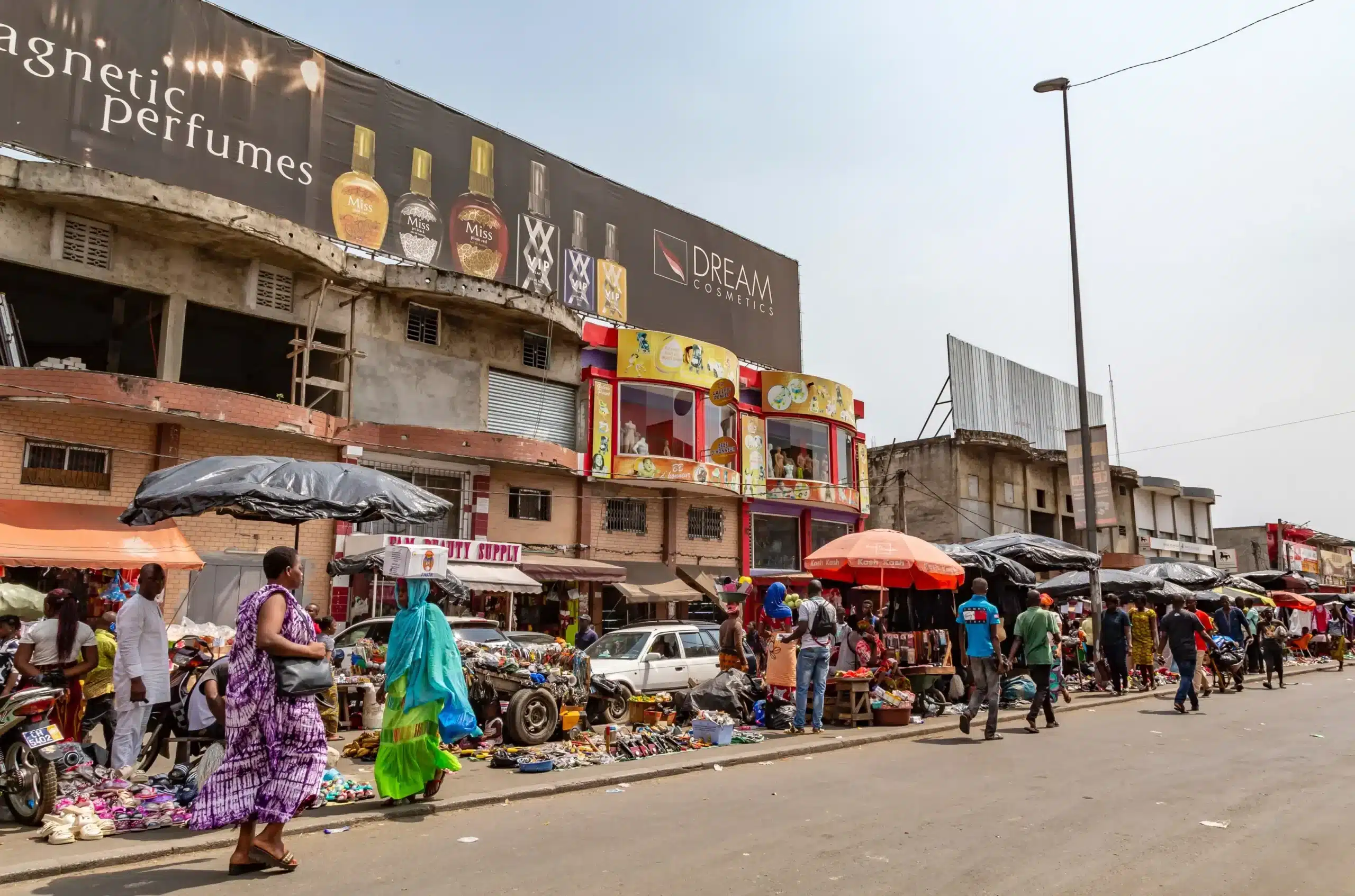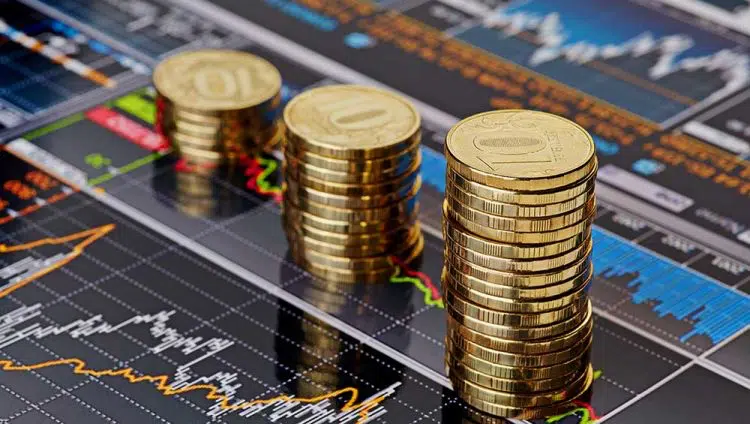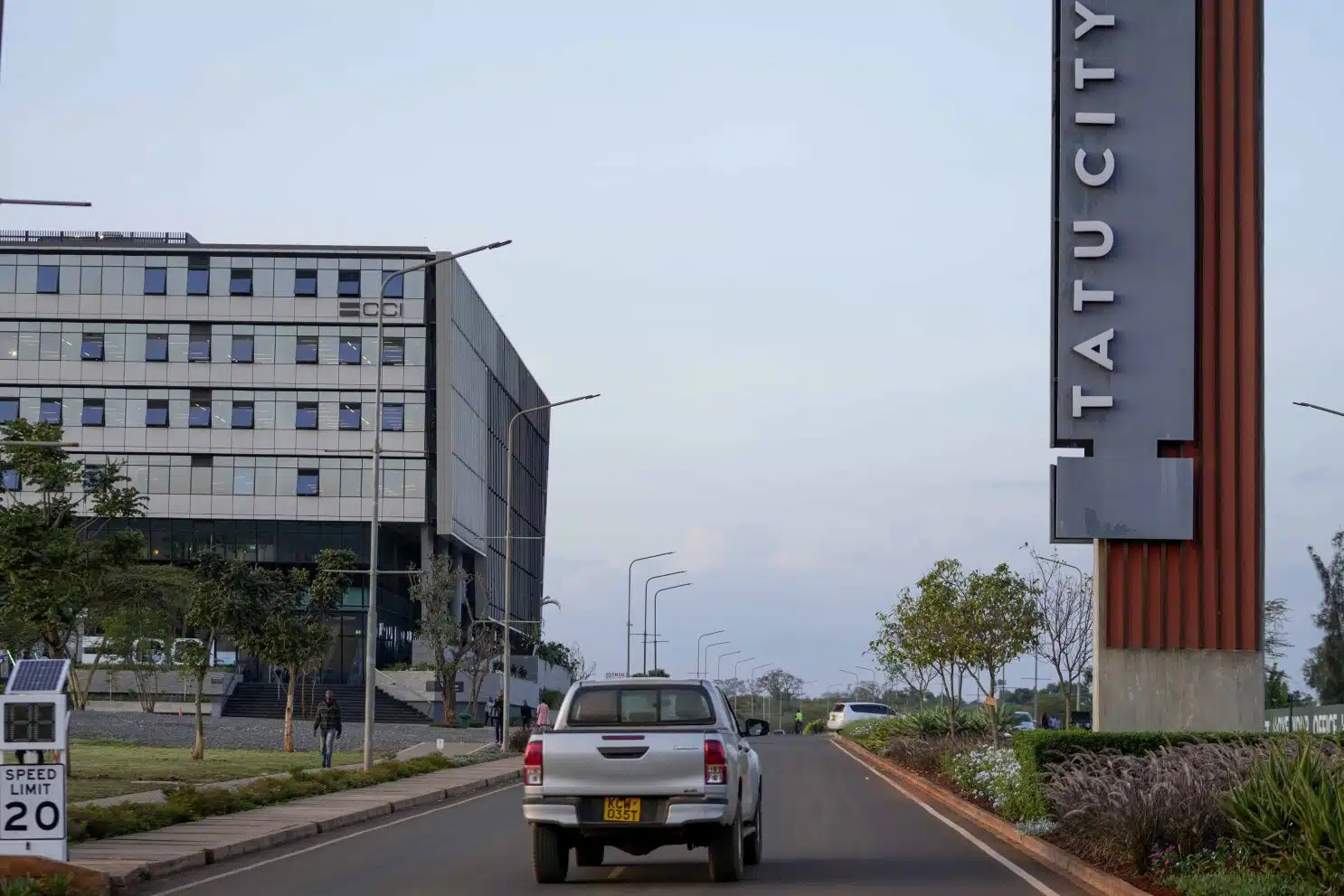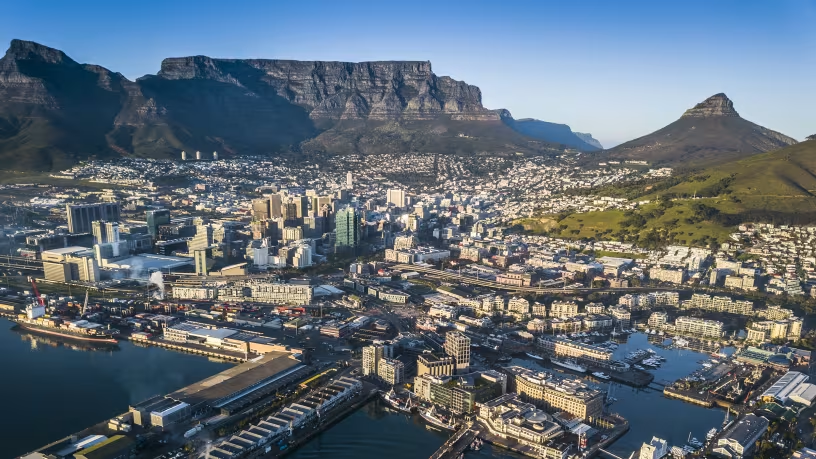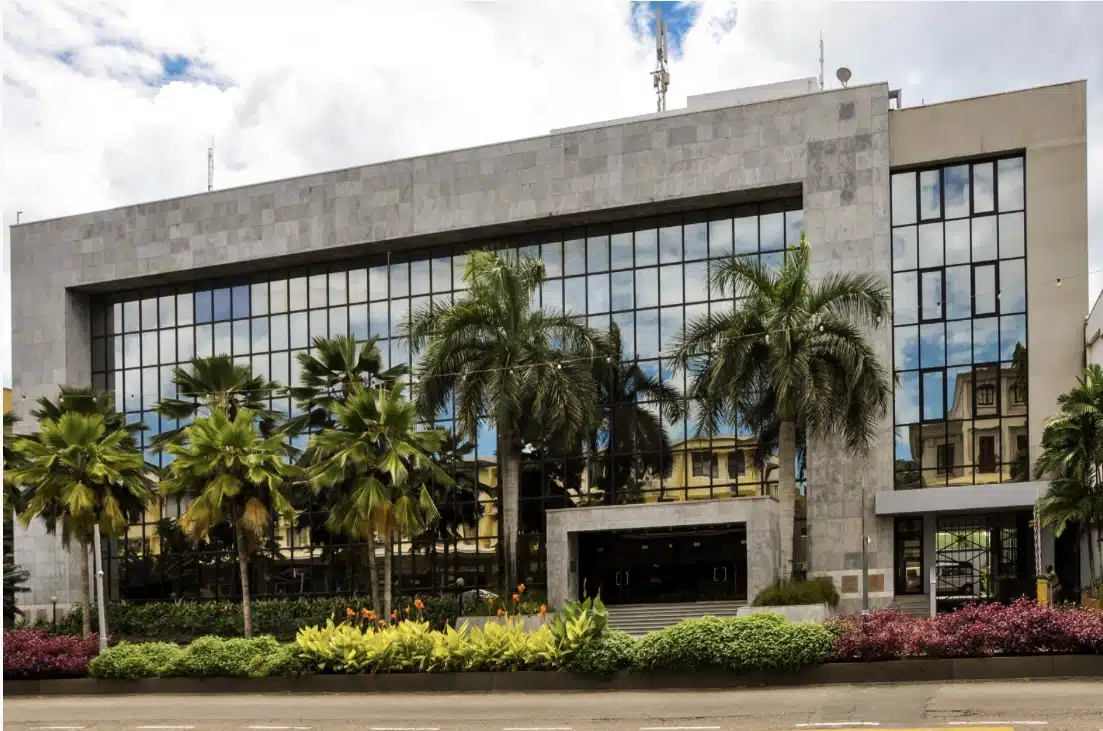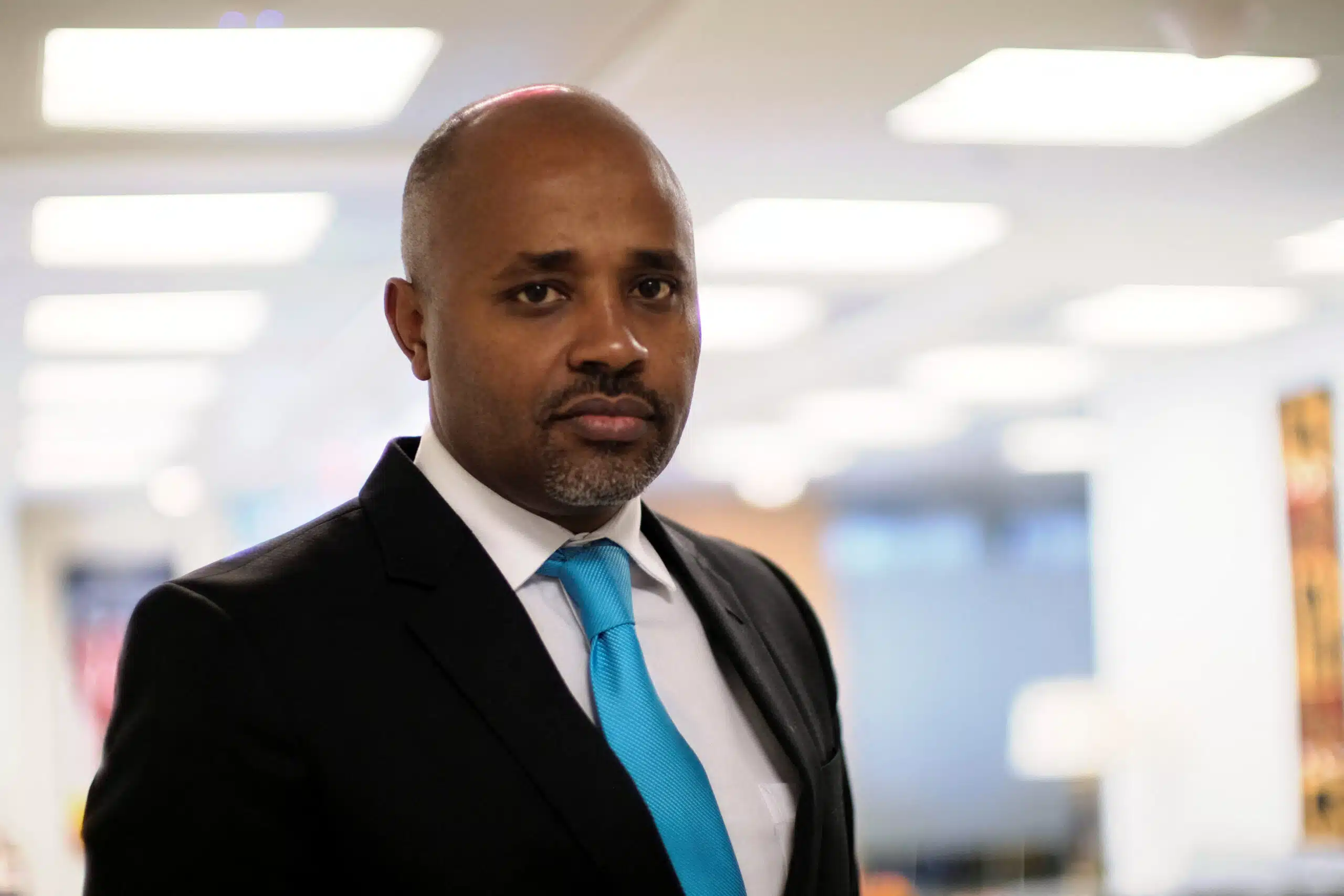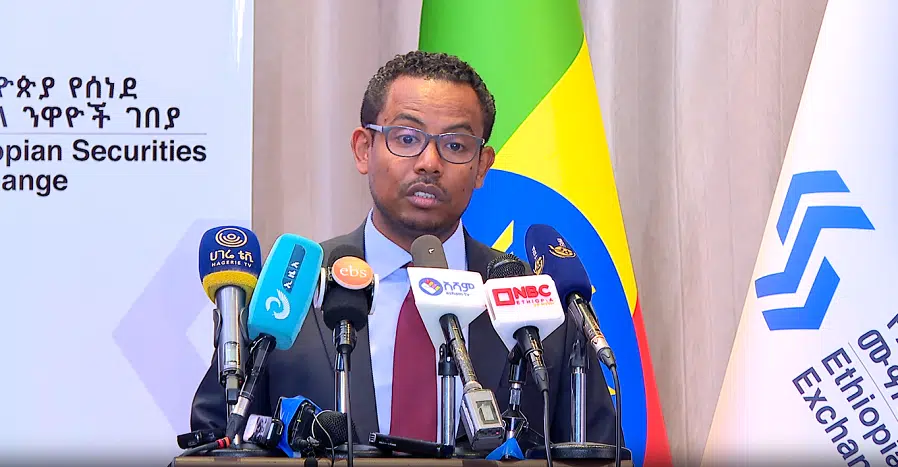The African Development Bank (AfDB) will pick its next president on May 29, 2025, at its annual meeting in Abidjan, Ivory Coast. The timing is critical. With a recent $555 million funding cut proposed by the United States, the bank faces pressure to steer Africa’s growth through tough global financial waters.
The current president, Dr. Akinwumi Adesina, leaves behind a legacy of major infrastructure and climate projects but also a complex political landscape. Experts like Dr. Mthuli Ncube from the African Union say this leadership is “key to shaping Africa’s progress on energy, transportation, and climate resilience.”
Winning means convincing both Africa’s member countries and powerful international partners like the US, UK, the IMF, and the World Bank, highlighting how this election extends far beyond the continent itself.
Swazi Tshabalala Bajabulile (South Africa)
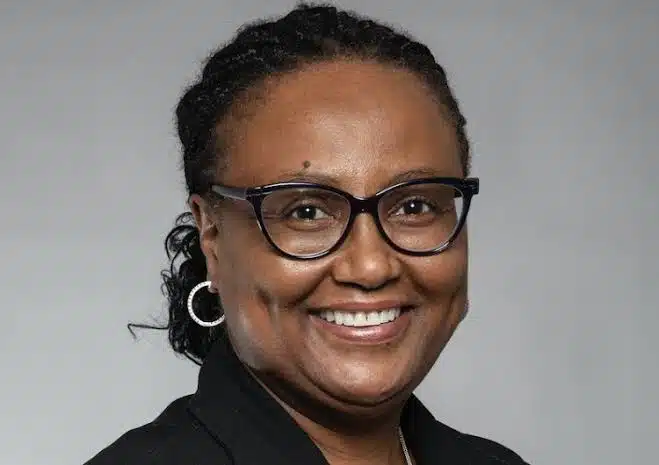
A finance veteran and former AfDB senior vice president, Swazi champions better infrastructure and women’s leadership. Backed by South Africa, UN Women, and the African Union, she’s seen as a bold voice for inclusivity. The African Women’s Development Fund calls her “a transformative leader for gender equality in finance.”`
Manifesto Highlights:
Promote inclusive development with a strong emphasis on gender equality and women’s leadership.
Accelerate infrastructure investment across energy, transport, and digital sectors to drive regional integration.
Expand innovative financing tools, including blended finance and hybrid capital, to crowd in private sector capital.
Strengthen institutional effectiveness through governance reform and operational efficiency.
Prioritise youth employment and skills development to harness Africa’s demographic dividend.
FiA Commentary:
Tshabalala’s vision aligns closely with the United Nations (UN) SDG goals on gender equality and youth empowerment.
According to UN Women data, African countries lose up to $95 billion a year due to gender inequality, making her agenda both inclusive and economically strategic.
Her proposed focus on blended finance mirrors recent OECD recommendations to expand private capital mobilisation in Africa.
Amadou Hott – Senegal
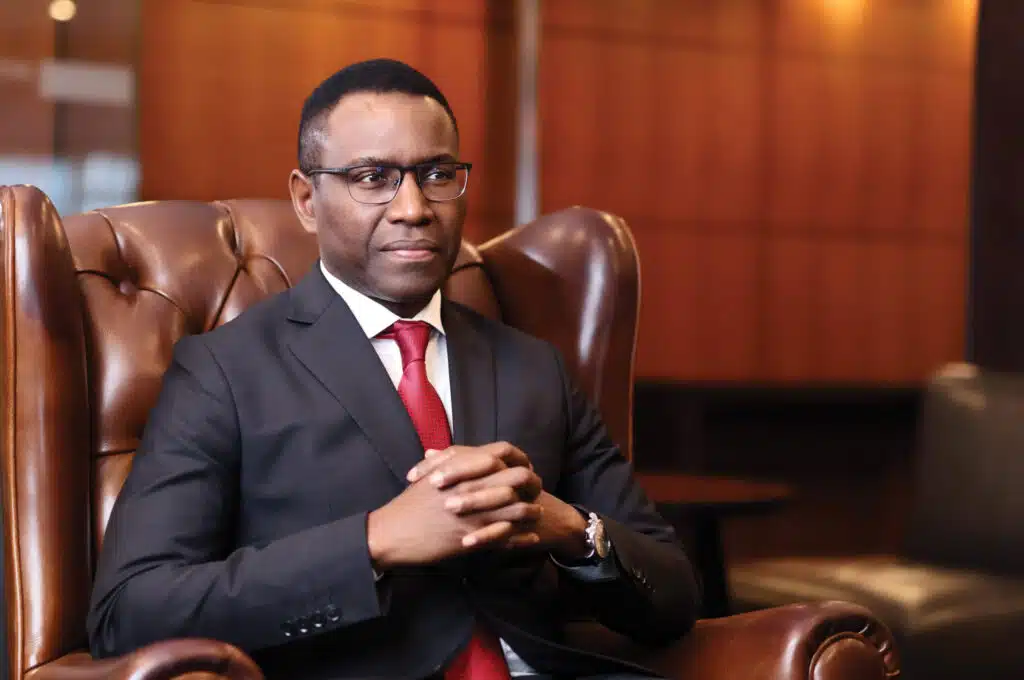
Former Minister of Economy with deep banking know-how, Amadou, aims to boost Africa’s financial independence and private investment. The UK government and the International Monetary Fund praise his “pragmatic approach” to reform and capital mobilisation.
Manifesto Highlights:
Enhance Africa’s financial sovereignty by strengthening domestic resource mobilisation.
Deepen private sector engagement to unlock large-scale investments in transformative projects.
Improve project delivery through institutional modernisation and digital innovation.
Focus on green industrialisation and energy transition.
Drive regional integration through trade corridors and harmonised regulations.
FiA Commentary:
Hott’s focus on financial sovereignty and private sector participation reflects Africa’s growing reliance on non-concessional finance.
The African Private Capital Association reports $7.6 billion in private capital inflows to Africa in 2023—a trend Hott seeks to accelerate.
His emphasis on green industrialisation also follows AfDB’s growing climate finance portfolio, which hit $2.5 billion in 2022.
Samuel Munzele Maimbo – Zambia
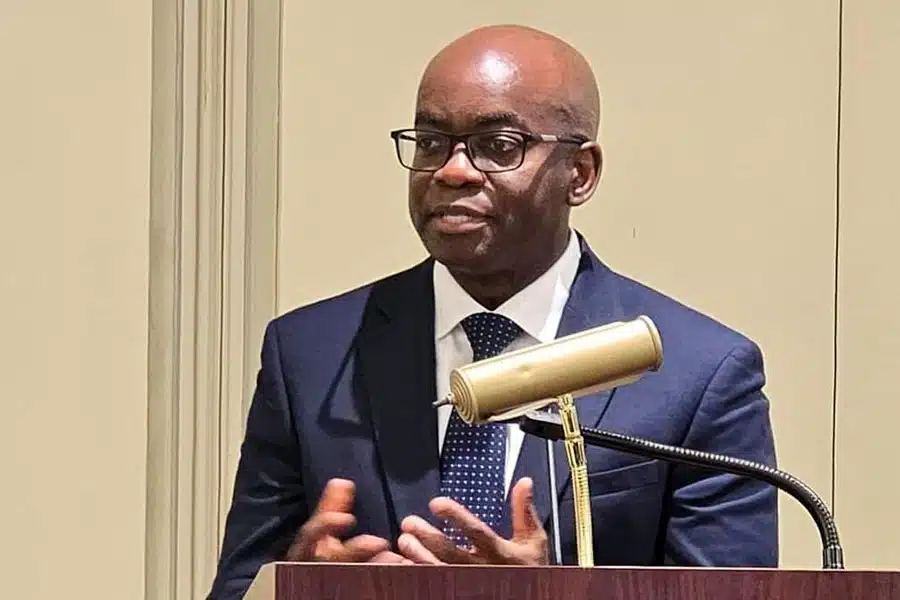
Currently vice president at the World Bank, Samuel focuses on improving African trade and aligning financial regulations. Supported by regional African groups, the World Bank, and the UN Economic Commission for Africa, he is known for his expertise in sustainable development finance.
Manifesto Highlights:
Advance intra-African trade and regional integration.
Align AfDB operations with SDGs, especially in climate and financial inclusion.
Build stronger partnerships with governments and development partners.
Promote accountability and results-based financing.
Empower SMEs and informal sectors.
FiA Commentary:
Maimbo’s emphasis on harmonised regulations and intra-African trade echoes the goals of the African Continental Free Trade Area (AfCFTA), projected to boost African trade by 52% by 2035 (World Bank). His focus on SMEs is backed by AfDB’s studies showing that 90% of businesses in Africa are SMEs, yet they face a $330 billion financing gap.
Sidi Ould Tah – Mauritania
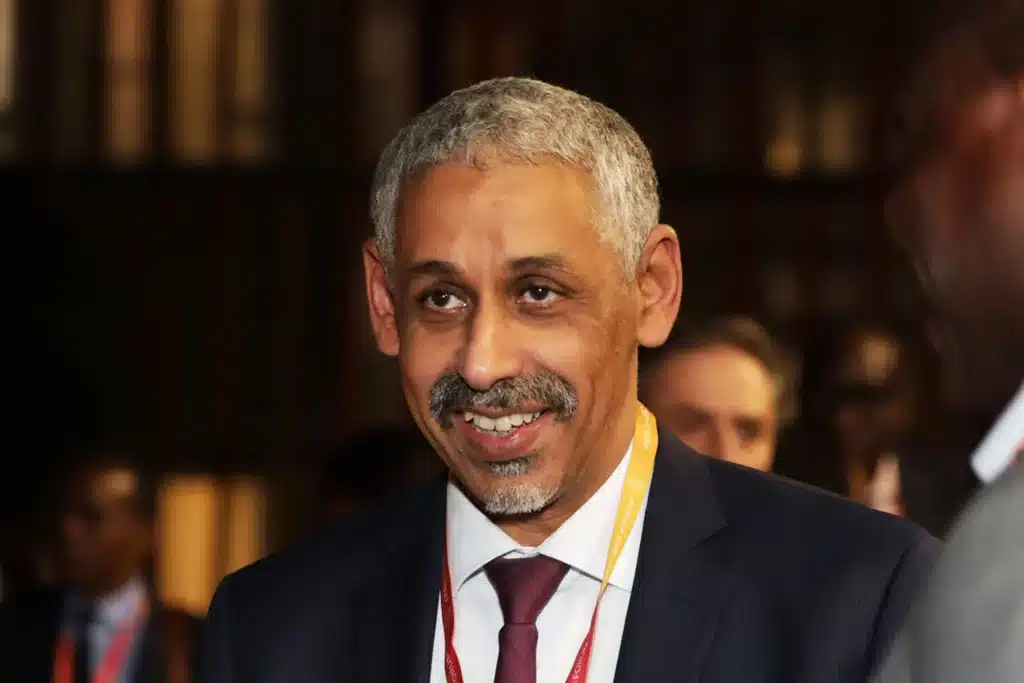
Leading the Arab Bank for Economic Development in Africa, Sidi prioritises climate-friendly projects and economic sovereignty. Arab countries and the Islamic Development Bank back his innovative strategies connecting finance and climate resilience.
Manifesto Highlights:
Make AfDB a leader in climate finance.
Champion economic sovereignty in development planning.
Create new financial tools for small businesses and rural youth.
Expand access to concessional and Islamic finance.
Reinforce project preparation and capacity building.
FiA Commentary:
Tah’s climate-centred approach positions AfDB in step with COP28 goals, where African countries called for $100 billion annually in climate finance. His push for Islamic finance aligns with the sector’s rapid African growth, worth over $70 billion and growing in West and North Africa. This could diversify the bank’s donor and investor base.
Abbas Mahamat Tolli – Chad
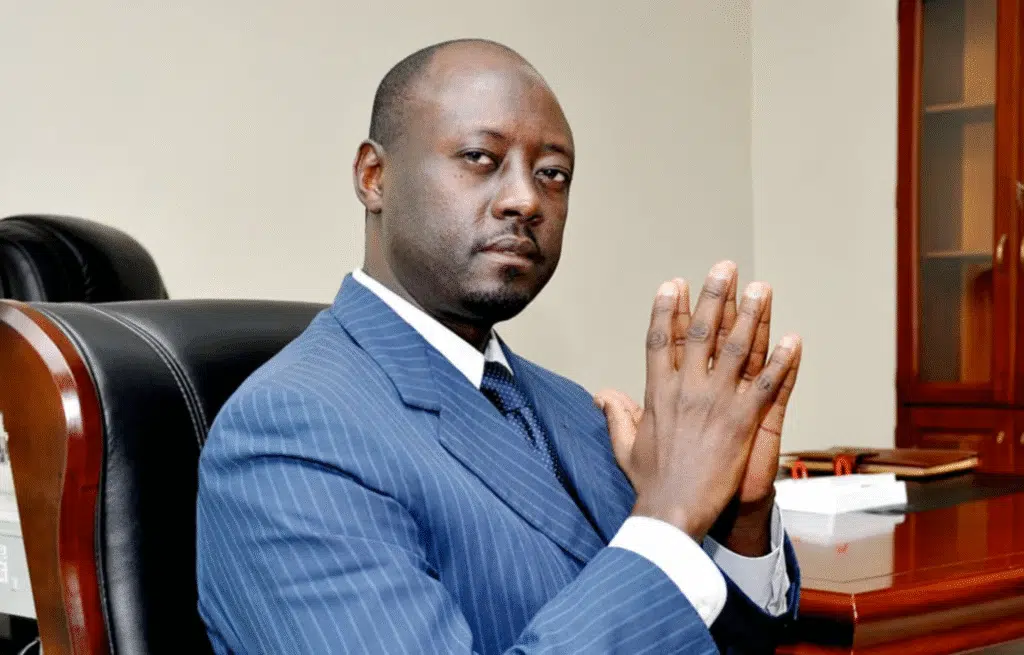
A skilled banker focused on governance and digital finance reforms. Supported by Central African countries and the African Union, Abbas pushes for transparency and modernisation.
Manifesto Highlights:
Promote governance reforms and transparency.
Lead digital transformation through fintech and digital infrastructure.
Support agricultural modernisation and food sovereignty.
Strengthen regional institutions in Central Africa.
Build resilience to economic shocks.
FiA Commentary:
Tolli’s digital-first agenda mirrors trends in Africa’s fintech boom, valued at $12 billion in 2022 (BFA Global). His push for food sovereignty comes amid rising food insecurity, with 282 million Africans undernourished in 2023 (FAO). His proposals respond directly to the IMF’s call for digital public infrastructure and regional food security planning.
The Economic Community of Central African States (ECCAS) has also endorsed Abbas Mahamat Tolli as its candidate for the African Development Bank presidency.
The endorsement was made during a March 2024 summit in Equatorial Guinea, signalling regional support for Tolli’s bid. However, reports from Africa Intelligence indicate some internal dissent, particularly from Cameroon, which may back a different candidate.
Why this election will shape Africa
The AfDB is vital for funding projects that improve roads, energy access, and climate adaptation across Africa. The new president’s choices will influence how billions of dollars are spent to meet big challenges—from climate change to post-pandemic recovery.
International organisations like the UN and World Bank emphasise that “strong leadership at AfDB is crucial to unlocking private investment and driving sustainable growth.”
How the voting works: Power, politics, and influence
The election involves 81 member countries—54 African and 27 non-African. Although African members hold the majority of votes, powerful funders like the US and UK wield significant influence.
Nigeria, the largest African shareholder, holds a key position but has yet to publicly endorse a candidate. The presidency traditionally rotates among African regions, adding a political balancing act to the race.
Why the world is watching
The new leader will influence not only how AfDB raises funds but also how it partners with private companies to grow Africa’s economy. Experts from the IMF and World Bank see Amadou Hott and Samuel Maimbo as frontrunners because of their strong finance backgrounds.
The UK supports Hott for his skill in attracting private investment, while the World Bank favours Maimbo for his deep knowledge of development policy and financial regulation.
What to expect next: The stakes are high
The May 29 vote will draw close attention from African governments and global partners. The next AfDB president must balance diverse interests and meet high expectations for transparency and development impact.
Leadership qualities like vision, teamwork, and commitment to reform will be essential in guiding Africa’s development and positioning the continent strongly on the world stage.

